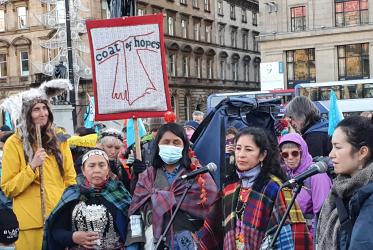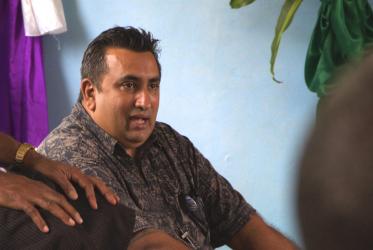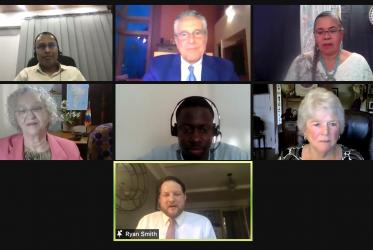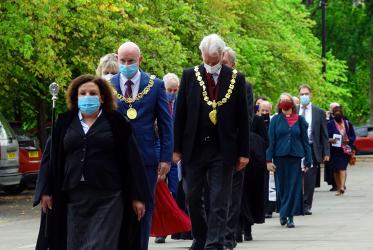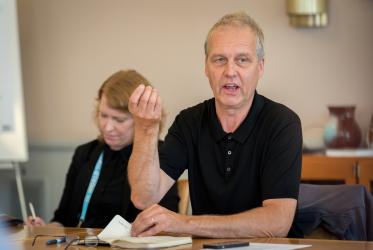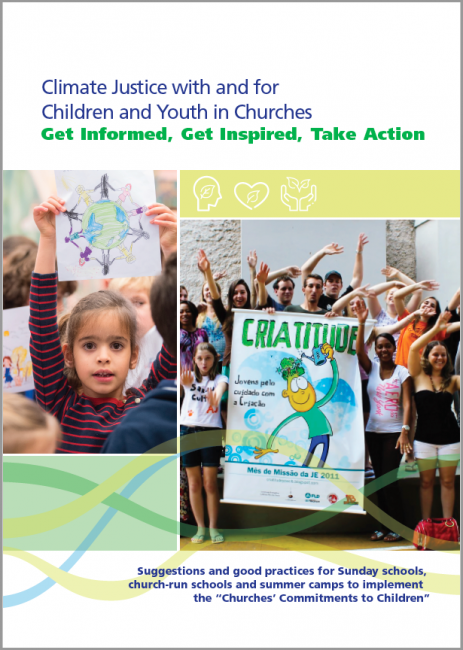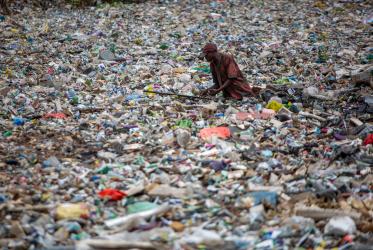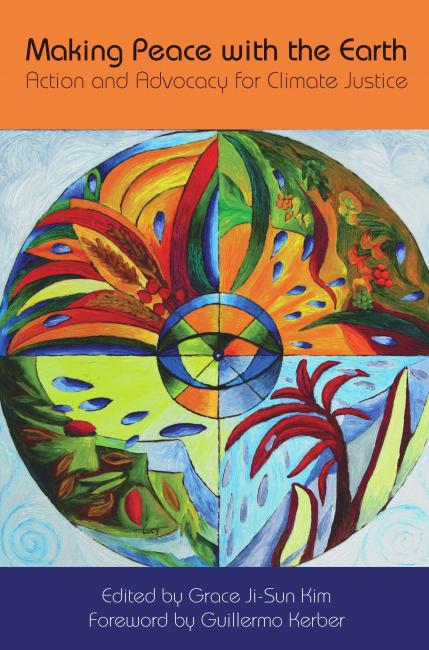Displaying 41 - 58 of 58
Can we end our societal addiction to fossil fuels?
12 August 2021
Ecumenical International Youth Day 2021 Event Toolkit
Young People and Climate Justice
06 August 2021
No room at the inn
26 December 2020
Climate Justice with and for Children and Youth in Churches
Get Informed, Get Inspired, Take Action
25 October 2020

